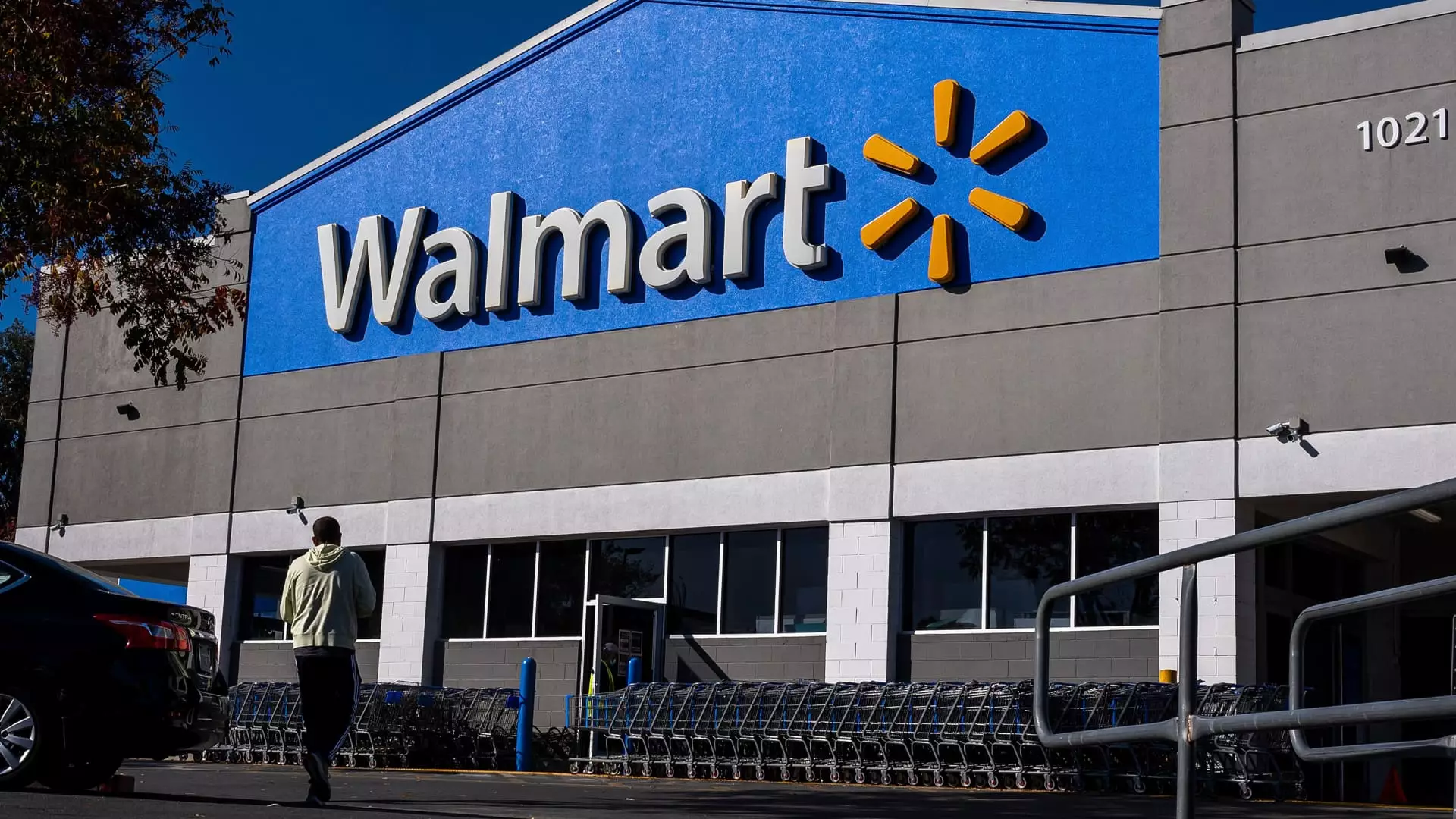In a recent interview, Walmart’s Chief Financial Officer, John David Rainey, addressed the potential implications of President-elect Donald Trump’s proposed tariffs on imported goods. According to Rainey, Walmart’s longstanding commitment to maintaining “everyday low prices” could be jeopardized if these tariffs come into effect. He emphasized that while the company strives to avoid price increases, the financial pressures stemming from these tariffs could compel them to adjust pricing for some items. This sentiment reflects a growing concern within the retail sector, as the specter of increased costs looms large over businesses and consumers alike.
During his campaign, Trump suggested broad tariffs ranging from 10% to 20% for most imports, with an alarming 60% to 100% on Chinese goods. Such drastic measures have raised alarms in the retail industry, as leaders warn that these tariffs could be detrimental to American families. Matthew Shay, CEO of the National Retail Federation, characterized the proposed tariffs as a “tax on American families,” cautioning that they would likely trigger inflation, leading to higher prices and potential job losses. This alarming assessment underscores the interconnectedness of global trade policies and domestic economic realities.
Despite the uncertain future, Rainey relayed that Walmart’s foundation is robust enough to withstand economic fluctuations. He noted that approximately two-thirds of the merchandise sold at Walmart is produced domestically, which may mitigate the impact of tariffs on specific goods. However, the reality is that numerous retailers may have to rethink their supply chains and pricing strategies. Walmart has already begun to diversify its imports, reducing overreliance on one geographical region, particularly China.
Other industry players are echoing similar sentiments. E.l.f. Beauty’s CEO, Tarang Amin, warned that their product prices might also surge if tariffs are enforced. Footwear company Steve Madden announced plans to decrease imports from China by around 45% to shield itself from financial strain. Each of these company’s approaches captures the nervous atmosphere prevalent in retail, as businesses prepare for the fiscal fallout from potential trade policies.
Historical Context and Future Outlook
Rainey’s remarks are rooted in a larger narrative; Walmart has been navigating tariff-related challenges for nearly a decade. He pointed out that their experience with prior tariff impositions has equipped them with the knowledge to adapt in a fluctuating market environment. However, he cautioningly acknowledged that “tariffs, though, are inflationary for customers.” This gives rise to the critical question: How will these price adjustments affect consumer behavior and overall spending habits?
The retail landscape is finely balanced and particularly sensitive to shifts in pricing. As inflation rates recently moderated, the idea of renewed price hikes could substantially impact consumer sentiment. Americans have become accustomed to managing tighter budgets, and any increase in prices may lead to changes in consumer purchasing behavior.
As Walmart and other retailers like Lowe’s grapple with the uncertainties surrounding tariffs, a broader conversation emerges regarding the implications for the overall retail industry. Lowe’s CFO, Brandon Sink, echoed Rainey’s observations about the potential increase in product costs and highlighted the company’s preparation to respond proactively to potential tariffs. Currently, about 40% of Lowe’s merchandise is sourced from outside the U.S.
The discussions surrounding tariffs are more than just an economic caveat; they represent a pivotal moment that could redefine the retail landscape. Businesses’ adaptability and strategies in response to these potential tariffs will ultimately determine their resilience in a changing marketplace.
As the retail sector stands on the brink of potential tariffs, leaders such as John David Rainey provide valuable insight into the challenges posed by heightened costs and pricing concerns. These developments illuminate the complexities of global trade and the critical need for retailers to adapt swiftly to protect their interests and those of their consumers. The coming months will reveal how effectively these companies can navigate this landscape and whether they can sustain their customer-value promises in an uncertain economic climate.



Leave a Reply